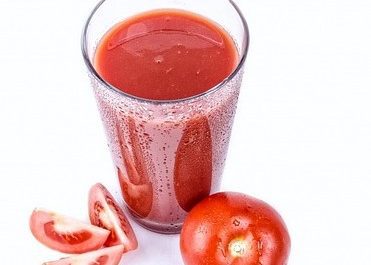Key Components and Benefits
We all know that leading a healthy lifestyle is important, but what exactly does that entail? Good nutrition, regular exercise, and stress management are just a few of the key components to living a healthy and balanced life. In this article, we will explore the benefits of each component and offer practical tips for incorporating them into your daily routine.
Good Nutrition
Good nutrition is essential for a healthy body and mind. Eating a balanced diet rich in fruits, vegetables, whole grains, and lean proteins provides the necessary vitamins, minerals, and nutrients needed for optimal health. It’s also important to limit your intake of unhealthy fats, added sugars, and processed foods.
Here are some practical tips for improving your nutrition:
- Plan your meals and snacks in advance
- Focus on eating a variety of colorful fruits and vegetables
- Incorporate whole grains such as brown rice, quinoa, and whole wheat bread into your diet
- Choose lean protein sources such as chicken, fish, and beans
- Limit your intake of unhealthy fats and added sugars
Regular Exercise
Regular exercise is important for maintaining a healthy weight, reducing the risk of chronic diseases, and improving mental health. Aim for at least 30 minutes of moderate physical activity most days of the week, such as walking, cycling, or swimming. Resistance training, such as weightlifting, can also help build muscle and strengthen bones.
Here are some tips for incorporating exercise into your routine:
- Find an activity you enjoy, such as dancing or hiking
- Set realistic and achievable goals for yourself
- Make a schedule and stick to it, even on busy days
- Find a workout buddy for accountability and motivation
- Mix up your routine with a variety of activities to prevent boredom
Stress Management
Stress can have a significant impact on our physical and mental health, so it’s important to find effective ways to manage it. Whether it’s through mindfulness practices such as meditation or yoga, or through physical activities like running or gardening, finding what works best for you is key.
Here are some tips for managing stress:
- Identify the sources of stress in your life and develop a plan to address them
- Take breaks throughout the day to relax and recharge
- Practice mindfulness techniques, such as deep breathing or progressive muscle relaxation
- Engage in physical activities that you enjoy, such as running or gardening
- Seek support from friends, family, or a mental health professional if needed
Conclusion
Living a healthy lifestyle is essential for both physical and mental well-being. Good nutrition, regular exercise, and stress management are just a few of the key components that can help you lead a more balanced and fulfilling life. By making small, gradual changes to your daily routine, you can improve your health and well-being for years to come.


